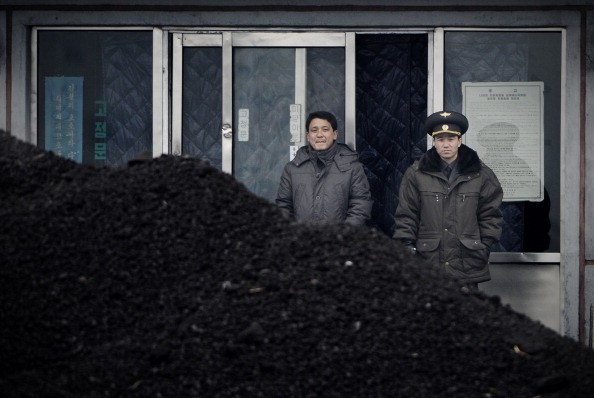The China-North Korea ties are increasingly challenged due to the events that happened this February, and they are also affecting the economies of both countries.
February has been an eventful month in North Asia. It is reported that North Korea launched an intermediate-range ballistic missile into the Sea of Japan last Feb. 12. One day after the test of what Pyongyang is calling "Pukguksong-2," two women killed the elder half-brother of the supreme leader of North Korea, Kim Jong Nam.
Kim Jong Nam was killed in a budget terminal located at the Kuala Lumpur International Airport. At the same time of the killing, Chinese authorities in Wenzhou, Zhejiang Province, returned a 16,295-ton shipment of North Korean coal due to too much mercury content.
China's Ministry of Commerce announced on Feb. 18 that the country would not buy coal from North Korea until the end of the year last due to security council sanctions.
The new ban did not sit well with Pyongyang, as security council sanctions have rarely inhibited China's coal purchases from North Korea. A commentary carried by the Korean Central News Agency stated the phrases: “a neighboring country, which often claims itself to be a ‘friendly neighbor.’"
The commentary also stated: "Such country has unhesitatingly taken inhumane steps such as totally blocking foreign trade related to the improvement of people’s living standard under the plea of the U.N. ‘resolutions of sanctions’ devoid of legal ground."
The commentary was penned by "Jong Phil," which means that words stated there were not technically official. It is clear though that Kim Jong Un's regime is extremely upset with its Chinese ally, as it issued the commentary through the official Korean Central News Agency.
It is still uncertain, as of the moment, what North Korea had done to affect the rejection of the coal shipment and the issuance of the ban on coal imports in China.



























